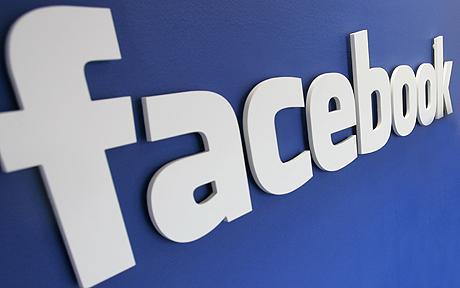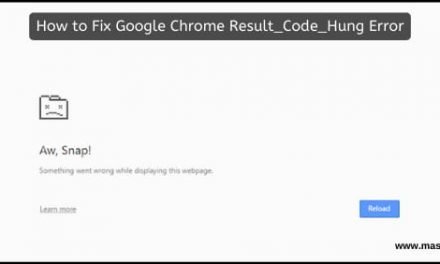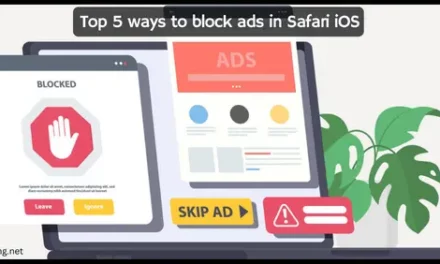When the white F first landed on our screens, Facebook was thought to be nothing but the flavour of the month, an American fad catching the attention of the first generation of digital natives, as MySpace lost its sheen and social media centralised on active participation and accessibility. Facebook paved the way for services like Twitter, Instagram and Tumblr, transforming a digital connection into a meaningful relationship, converting unheard complaints into consumer-to-brand dialogue, and building a fibre community of international citizens. Marketing and advertising has penetrated this once very cloistered segment of the internet, as businesses utilise the five hours people spend checking, scrolling and posting on their walls and those of their friends. Running a Facebook campaign is nowhere near as simple as it sounds, as Zuck likes to change up the mechanics every now and then to keep advertisers like you guessing and subsequently paying; contracting a business like Search Factory to handle your social media strategy and ad campaign may save you time, stress and a constant battle of wills against demographic experimentation. Determined to go it alone for now? Try these three tips to get you started.
Does this step sound familiar? Every business begins with a spirited round of goal setting, and almost identically, digital advertising campaigns require a set of end-game objectives. So, what do you need to achieve in three months, six month or a year? How will you measure success against ROI? Tried to be quite particular, as a blasé attitude will return metrics that will be difficult to interpret as either positive or negative without the guiding light of perspective.
- Do you want to bolster Likes?
- Do you want to use Facebook as a service or product promotional tool?
- Do you want to find out what your consumer base in thinking?
- Do you want to stream line feedback procedures and create an atmosphere of transparency?
- Is it about traffic? Conversions? Clicks?
Know Thy Consumer Base
Every business owner insists they know their client base like the back of their hand, forgetting the mole they’ve had since childhood, and a puckering scar underneath a ring finger or pointer. Lesson learned, not everybody knows the back of their hand. Facebook marketing assumes you’re aware of the breadth and limitations of your audience, including basic stats like age, gender and location, in addition to a field of interests (over eight million, in fact); interests are key to accessing and reaching the right audience for your brand, as spending dollars attracting irrelevant traffic will just create a funnel of negativity and a less than favourable experience for Facebook users. Try developing a buying persona by creating a few pertinent target groups from these questions:
- What does my persona do for a living?
- What are their hobbies and interests?
- Do they enjoy cinema entertainment, going to festivals or watching TV, and how is my offering relevant?
- What emotions do I want to appeal to?
- What age groups do I want to target?
- Is my product gendered?
Settle on a Budget
Nothing is free, even on the internet; Facebook advertising follows the same formula as Adwords, offering punters a PPC version and a CPM version; PPC charges you per click, depending on how much you’ve nominated to spend; CPM campaigns are charged according to impressions, subtracting cash from your budget every time 1000 people have seen your ad. Different configurations suit varying verticals, as there is no right or wrong answer. Instead of channelling more cash into a campaign if it unpredictably runs out, take some time to learn where your black spot are located, and plug the holes without creating more problems down the road.
Do you have a Facebook advertising campaign launched at the moment? What are some of the benefits and obstacles you’ve discovered along the way? Let us know in the comments below.
About the Author
Jessica Hannah is a member of the SEO team in Search Factory’s Brisbane offices.


![[Easy Steps] What is Pingsender.exe on Windows, and How to Disable It?](https://mashking.net/wp-content/uploads/2021/02/what_is_pingsender-exe_on_windows_how_to_disable-440x264.jpg)


